María Corina Machado’s proposal to integrate bitcoin (BTC) as a national strategic reserve asset in Venezuela has been one of the most relevant news within the ecosystem.
This is not only because it is the first time that the opposition leader has spoken about digital currency, but also because it is a proposal that is as bold as it is risky, in the midst of the economic and political crisis in which the country is immersed.
The idea of including BTC in international reserves is part of a macro trendwhich has been gaining strength in recent years. It has President Nayib Bukele in El Salvador as a pioneer, through the purchases that the government has made since 2021.
The strategy gained greater notoriety after Republican Senator Cinthya Lummis in the United States introduced a bill last July to add BTC to the reserves.
The project, which proposes the purchase of 5% of the total BTC issue as a mechanism to take advantage of its long-term revaluation, was supported and included in the campaign promises. which is currently being done by former President and presidential candidate Donald Trump.
In this case, the question to ask is: if this strategy It is viable in Venezuela and how much it can help rescue the battered economy of the South American country, affected by inflation and a series of macroeconomic imbalances.
It is a strategy that – if successful – could radically transform the country’s economic trajectory and offer an innovative model to other struggling nations. But the scale of the challenges to overcome is enormous: from regulation of the cryptocurrency sector, institutional factors, to the volatility inherent to bitcoin.
To delve a little deeper into these possibilities, We consulted three Venezuelan economists: Asdrúbal Oliveros, partner and director of the economic and financial consulting firm Ecoanalítica; Aarón Olmos, cryptocurrency expert and professor at the Institute of Advanced Studies in Administration (IESA); and Francisco Rodríguez, former chief economist at the investment bank Torino Capital.
They all see María Corina Machado’s proposal as novel, but they note that its implementation in the country would face many obstacles.
Bitcoin collides with the principle of security of reserves
As part of their arguments, economists Oliveros and Rodríguez relied on one of the principles that governs the management of reserves at a global level: security.
This principle is about investment preservation, and according to the World Bank’s Reserve Management and Advisory Association it is one of the most important for central banks, including that of Venezuela.
It considers that the objective of the administration of reserves It is not about generating massive profitsbut to avoid market volatility and protect principal capital.

For this reason, Oliveros highlights it as a priority, placing it above the performance factor. «The management of a country’s international reserves must be done with safe assets“, says Oliveros, who calls bitcoin as a risk asset.
It is true that by having reserves in cash, gold or triple-A investment grade bonds the returns are probably very low, but that element of security is much more powerful than the profitability that bitcoin can bring you.
Economist Asdrubal Oliveros.
This position is shared by Francisco Rodríguez, for whom the Venezuelan opposition’s proposal “It is not well thought out or well articulated”«. As an argument, he also cites the principles accepted and approved by central banks and international organizations.
“There are quite specific requirements regarding the assets that can be part of the international reserves,” says Rodriguez, recalling that they have to be safe, liquid, and with some return. It is for this reason that Speculative assets are not included either, such as bonds or shares of risky companies.

Rodriguez closes his ideas by mentioning from a recent World Bank studyaccording to which – at least for now – bitcoin is not viable as a reserve asset.
Today, cryptoassets are incompatible with traditional goals of security, liquidity and profitability; their value can be highly volatile, undermining their reliability as a store of value; and despite some guidance from policymakers and standard-setting bodies, they still face an uncertain regulatory environment.
World Bank.
“You cannot run the risk of a country’s currency losing its value. That is why I think it is highly inappropriate to place international reserves in an asset of a speculative nature,” the expert points out.
Similarly to Oliveros draws attention to bitcoin’s volatilityplacing this characteristic as one of the main problems of Machado’s proposal.
And although Oliveros believes that its inclusion in the reserves can contribute to diversification, he assures that the constant price changes in the market “imply many challenges from the macroeconomic, security and asset management point of view for Venezuela.”
You have to educate first, before implementing a plan
Taking into account the difficulties that the inclusion of BTC in the reserves would entail, Oliveros is more in favor that the massive use of BTC is encouraged among the Venezuelan population. He notes its ability to protect people from inflation, “although I am concerned that its volatility could increase economic uncertainty.”
This is an idea that was also expressed by Aaron Olmos, who emphasized in regulatory support for the sector which already exists in Venezuela. He brought up the ordinances and supervisory bodies created since 2017, when Nicolás Maduro decided to launch the petro.
Among these agencies is the Superintendency of Cryptoassets (Sunacrip), currently under intervention following the outbreak of a corruption scandal. They include a series of regulations that seek to diversify payment methods, adding to crypto assets as a way to confront the sanctions imposed on the Maduro government.


Olmos relates Machado’s proposal with all these initiatives previously promoted by the government. He alludes to the pro-bitcoin stance also expressed by the opposition leader Leopoldo López. “Everyone at one time has seen in cryptocurrencies an opportunity to solve economic problems«.
“It is interesting that bitcoin is being considered for use in the Venezuelan economy, especially after the disastrous results of the current government,” the economist said.
However, he fears that the plans will end being “more pernicious than positive” if cryptocurrencies are reinserted into Venezuelan economic management without knowing what they are about, ignoring their nature and without being clear about their real use within a government strategy.
“This is where we rescue the great need to educate economically, financially and technologically about the use of bitcoin, stablecoins like USDT and the rest of the cryptocurrencies,” he said. This, before attempting to link them to a country’s economy“which is something delicate at the level of control, supervision, and control of indicators.”
Olmos clarifies that many of the tools that exist in public finances They are not useful for controlling cryptoassets. He also says that the government structures of our countries They are not readynor are its officials prepared. «Much less is there sufficient technology, in terms of oversight and review, to take on a cryptoasset like BTC.»
He proposes that technological, economic, financial and control elements be established first. All this taking into account the experiences that exist in Venezuela, where “despite being pioneers in regulation “It fell into poor public management, misappropriation of funds and corruption”.
In this way, he defends the need to create a set of preconditions, before including bitcoin in a strategy to rescue the Venezuelan economy.
Like Oliveros and Rodríguez, Olmos says that he does not know the details and the basis of the plan of the economic team that accompanies Machado. He highlights the fact that the proposal fits into a global trend, which until now only has El Salvador as a model.
“There is no manual for this because it is something totally new,” insists Olmos, highlighting the role that the currency created by Satoshi Nakamoto in 2009 is beginning to play in global geopolitical dynamics.
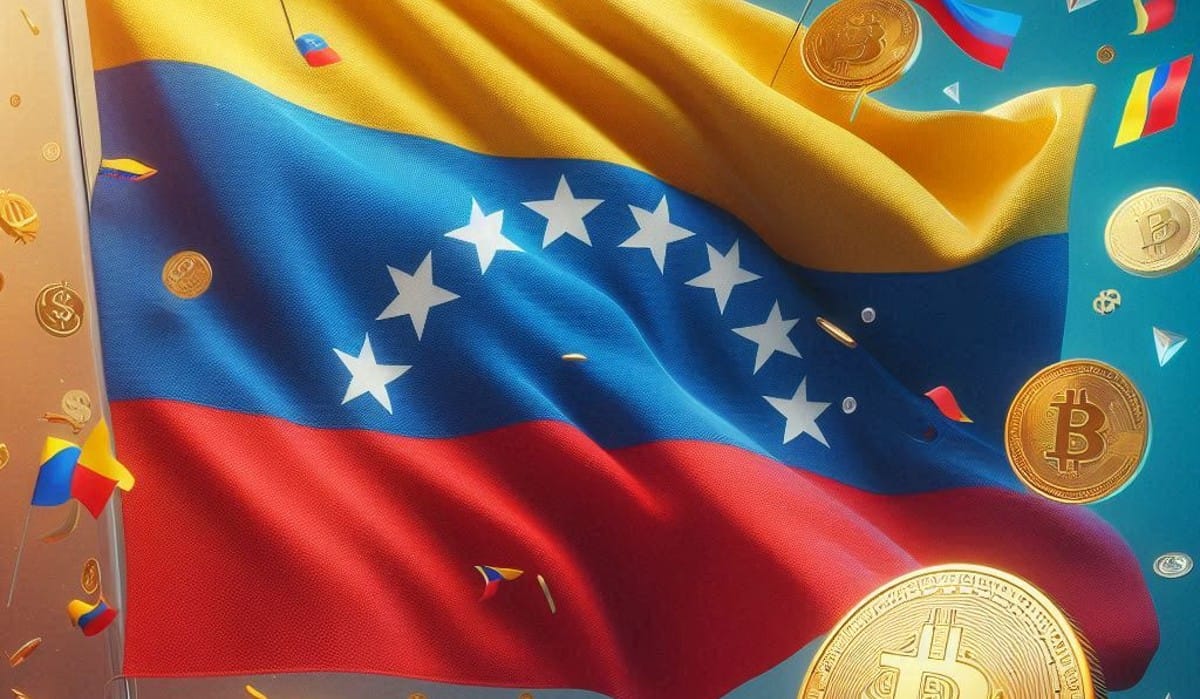

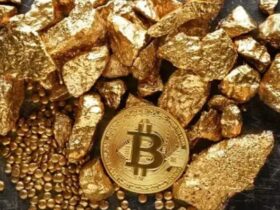
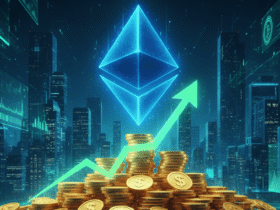
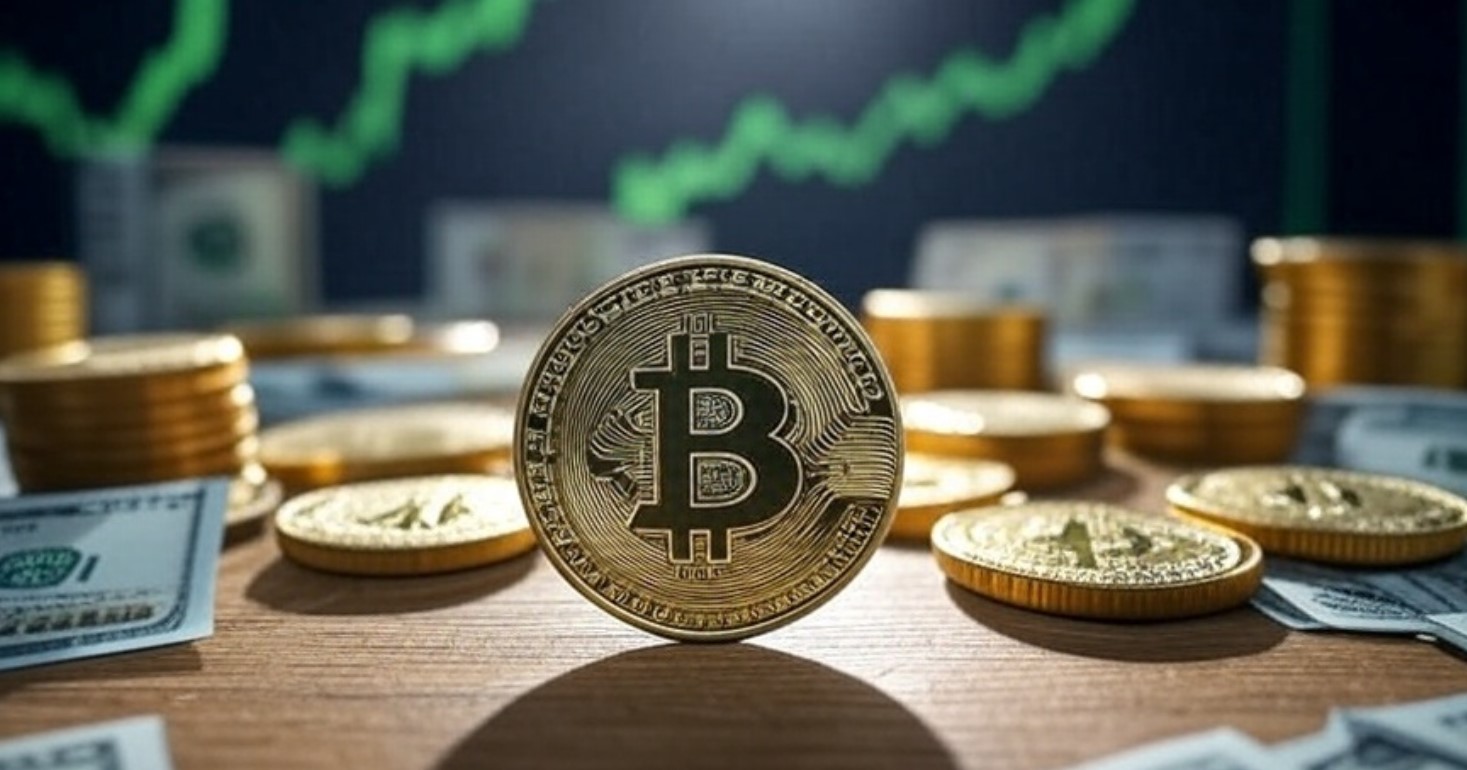
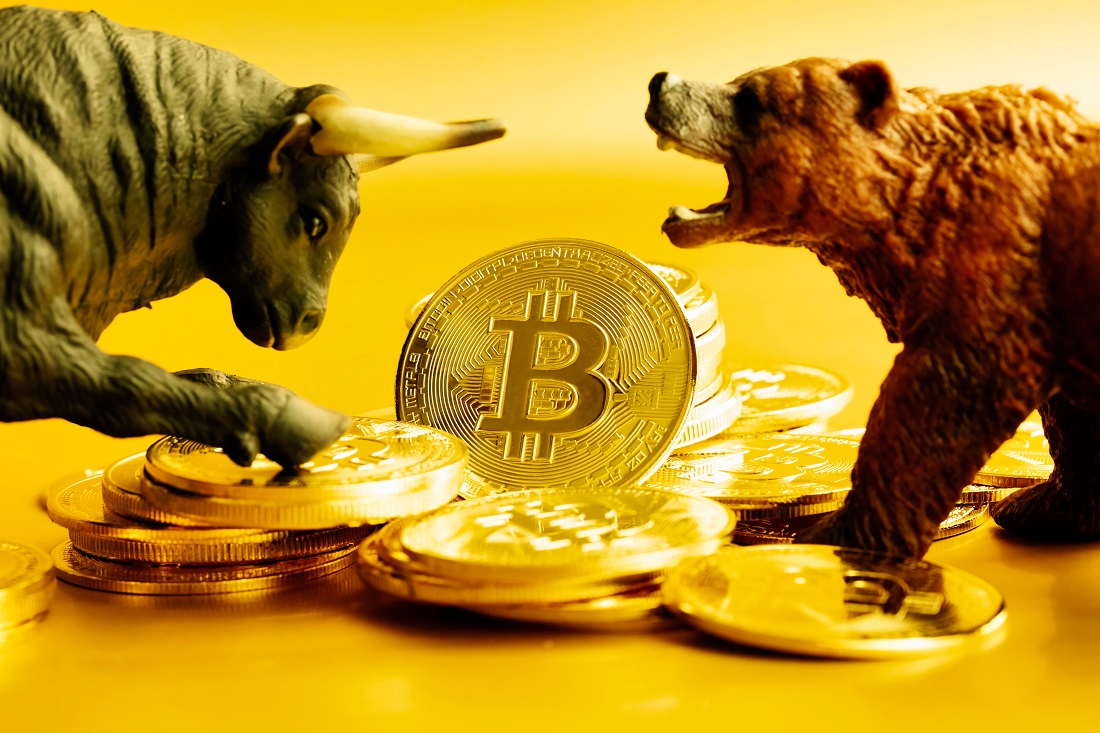
Leave a Reply